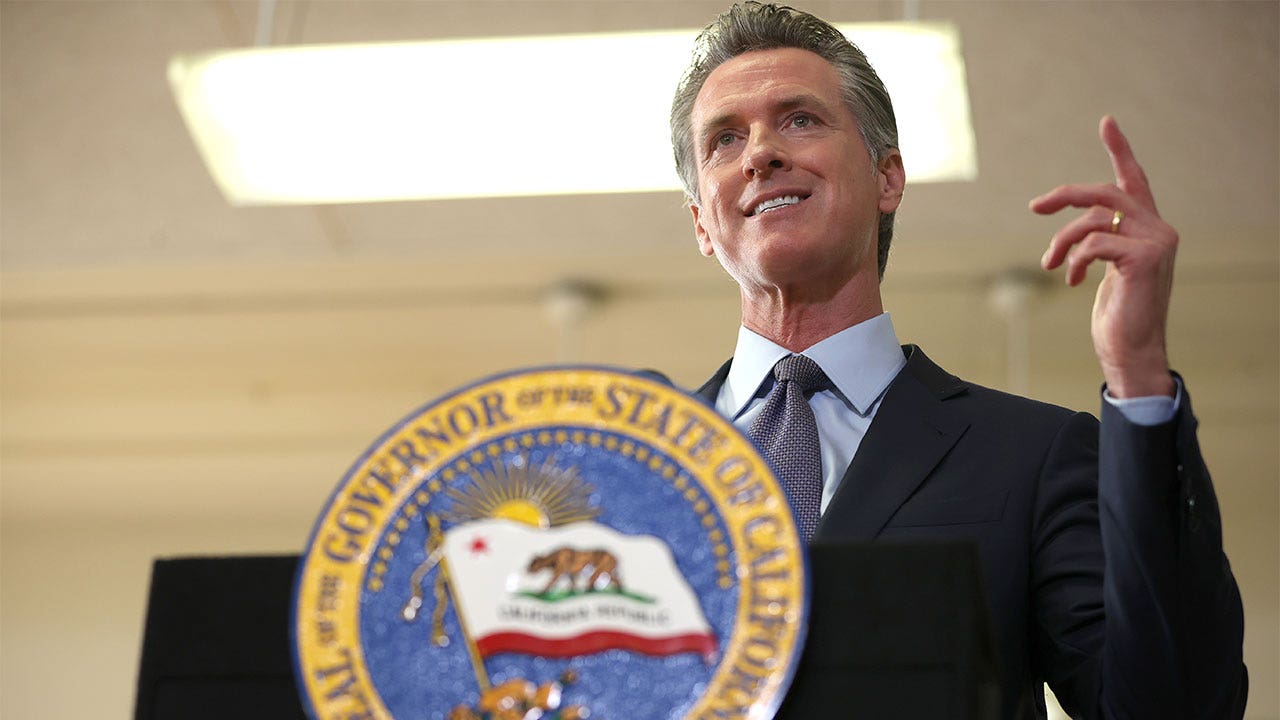America feels more polarized than ever before. Research shows that most Americans feel the division. A study conducted by the Pew Research Center found that 77% of Americans surveyed said our country is more divided than in the past.
The political tension is also trickling into schools. education” target=”_blank”>In the classroom< in terms of respect, grades and even safety.
DR. KENT INGLE: APPLYING TO COLLEGE – 7 TIPS TO HELP PARENTS, STUDENTS MAKE THE RIGHT CHOICE
Discussions are critical to a student’s growth and learning experience. The classroom should be the place where theories are challenged and questioned in a respectful manner.

In this Aug. 13, 2019 file photo, students walk near the Widener Library in Harvard Yard at Harvard University in Cambridge, Mass. (AP Photo/Charles Krupa, File)
For parents with students in college, here are some tips you can give them on sharing their political opinions in the classroom or with their friends.
CLICK HERE TO GET THE OPINION NEWSLETTER
It’s not about proving someone wrong. Let’s face it, we all have our own opinions and by sharing them, it most likely won’t change someone else’s. However, these discussions are critical to learning more about other people and hearing different perspectives.
Establish ground rules (hopefully the professor will do this beforehand) that everything will be approached with respect and that it will be a safe space for people to share openly without consequences.
More from Opinion
At Southeastern University, we launched the American Center for Political Leadership, a bipartisan center, to spur political engagement. The center is intentional about bringing in politicians from varying parties to expose our students to different perspectives. We recognize the value of widening their worldviews and exposing them to differing opinions in a safe place.
Set aside your feelings. In any discussion, you can’t allow your feelings to get the best of you. Someone will say something that will vex you. Try to direct the conversation based on research and reasoning, rather than out of anger or frustration. It’s OK to get personal and share your story, however, don’t allow your feelings to negatively affect the conversation.
The value of a democracy is the coming together and collaboration of people from different backgrounds, cultures and opinions.
The bottom line is that students need to learn to engage in civil discourse to help bridge the political divide.
These types of conversations are critical in the classroom because this should be a safe space for students to learn how to handle differing opinions. It can teach them how to navigate these discussions after they graduate and are in the workplace or at community events. Encourage them to attend debates on campus to learn from others on how to approach difficult conversations.

FILE – The University of Wisconsin at Stevens Point. (Wikimedia)
Be respectful. When someone is talking, even if you feel your blood boiling, don’t interrupt them. Listen intently and respond with questions to better understand their perspective. Carefully frame your questions. Instead of being nitpicky about everything they say, ask how their experiences shaped their viewpoints. Ultimately, act toward that individual in a way that you would want to be treated.
In a number of our courses at Southeastern University (where I serve as president), we have our students debate controversial subjects. Often, they are asked to debate a topic from a certain viewpoint – it’s not always one they agree with. This is critical in helping them see why someone might arrive at a certain conclusion. By researching and exploring a different perspective, they can learn to better respect their peers.
Realize it will be uncomfortable. When someone says something that makes you upset or feel uncomfortable – which will happen – don’t walk away from the conversation. Don’t perceive what is being said as a personal attack. The more experiences your student engages in, the more comfortable conversations like this will become. Being uncomfortable is critical for growth.
 Video
Video
Your student may not recognize it at the moment, but they are garnering skills that will help them in school and life
To help depolarize America, Braver Angels is a citizens’ organization that unites red and blue Americans through workshops, debates and other events. Data gathered from the Braver Angels program found that more than 70% of participants in community-based debates say that the experience caused them to have “more understanding of other viewpoints.” .
Don’t allow the discussion to adversely shape your view of someone. Discussions are meant to be learning opportunities. However, you can’t allow someone else’s opinion to alter your perspective about them. At the core, we have to be individuals who can disagree and still care for one another.
One of the key findings in the Intelligent.com survey was that people were afraid they would lose the respect of professors and classmates. At the American Center for Political Leadership, we believe that a solution to this growing problem is inspiring the next generation to get off the sidelines and thoughtfully engage in government, which starts in the classroom.
CLICK HERE TO GET THE FOX NEWS APP
The bottom line is that students need to learn to engage in civil discourse to help bridge the political divide. While you can encourage your children to participate in political dialogue in the classroom, make sure to demonstrate the best ways to do it at home as well.
The future of our democracy depends on their contributions and abilities to navigate these types of conversations.
 Iktodaypk Latest international news, sport and comment
Iktodaypk Latest international news, sport and comment






